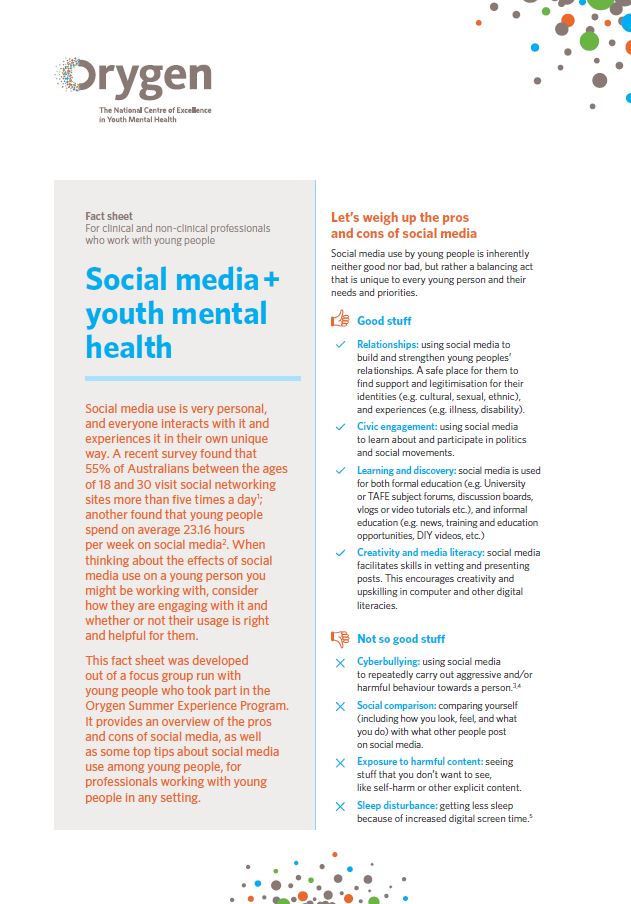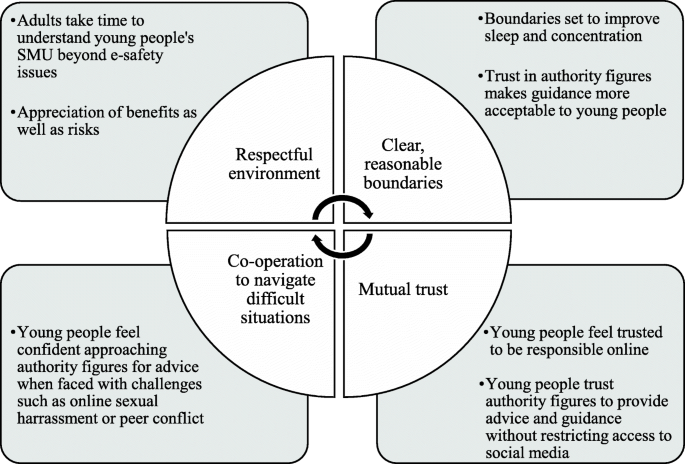Australian teens face a wave of social media misinformation | The Algorithm Decides
Like almost all her friends, teenager Kai Warner has been using Instagram, TikTok, Facebook, and Snapchat since she was 11.
The 14-year-old says she used to spend more than three hours a day scrolling through videos and chatting to friends on her phone. "Without having to face anything on the outside, it's all right there," she says.

The Impact of Social Media on Australian Teens
Kai, from Bendigo in Victoria, is one of a growing number of young Australians questioning their own use of social media amid concerns that inappropriate, algorithm-driven content is becoming increasingly widespread and harmful.

Ten early-career journalists from around the ACM network have teamed up to examine the often overlooked impact of social media on regional Australians in a new Young & Regional special series, The Algorithm Decides. The investigations paint an alarming picture of regional communities and individuals battling misinformation online and ill-equipped to protect themselves from the real-world impact.
Efforts to Protect Children Online
Reporters have been told of children as young as one spending up to 30 per cent of their waking hours online, problem gamblers and underage children being routinely served gambling ads and links to porn sites. Psychologists warn of AI-driven bots driving dangerous eating habits and verified, reputable information sources being replaced with factually incorrect information designed to stoke conflict.

Meta, owner of Facebook and Instagram, says it is investing heavily in protections designed to keep children safe, including making it harder for children to get around age restrictions and making it more difficult for adults to find and contact under 18s via their platforms.
Social Media Usage Statistics in Australia
To check the pulse on how Australians view social media algorithms, the Young & Regional reporters spoke to Australians aged 14 to 69 from across the country about their digital life. According to the Australian Communications and Media Authority, 99 per cent of Australian adults have access to the internet and 86 per cent use a mobile phone to go online multiple times a day.
Concerns and Recommendations
As debate rages in federal parliament about raising the age for social media access and limiting online advertising for gambling, government committees and the nation's security watchdog ASIO are warning of increased risks of home-grown radicalisation fueled by hateful online content.
Using social media for three years, Kai says she became aware the content being presented to her was tailor-made to keep her scrolling. Realizing her screen time was getting out of control, she downloaded a blocker app to her phone in an attempt to regain some control.
Impact on Mental Health and Well-being
Teachers, psychologists, speech pathologists, and occupational therapists have warned it's not only tweens and teenagers being exposed to dangerous messages on social media. Some experts interviewed have suggested a link between addiction to scrolling and skyrocketing numbers of ADHD diagnoses in children younger than school age.

Online Risks and Challenges
By the time Australian kids reach high school, they're likely to be using social media to message others and encounter explicit material, according to the Australian Centre to Counter Child Exploitation report.
Media Consumption Habits and Influences
According to the University of Canberra's Digital News Report 2024, 60 per cent of Gen Z use social media as their main news source despite Facebook and Instagram de-prioritizing news content on their platforms.
Parental Involvement and Awareness
According to the most recent census data, by the time they reach the age of 17, nearly 18,000 women and girls had experienced long-term mental health problems, 1.7 times the rate for boys and men. That data also shows two-thirds of parents speak to their children about their online behavior at least once a week, according to the Sydney University study, but only a fifth are sitting with children while they use the internet, prompting concerns that parents aren't aware enough of what their children are exposed to.




















